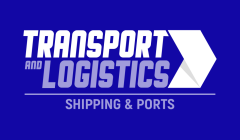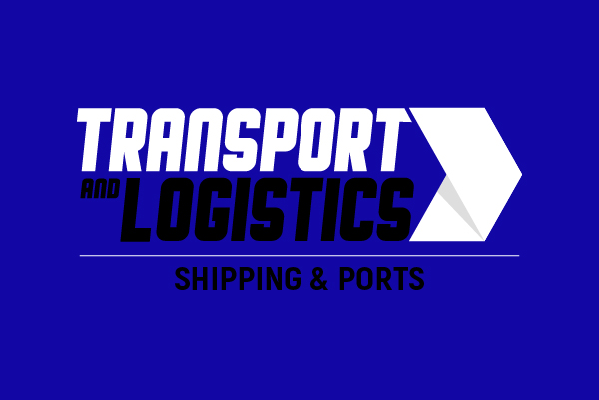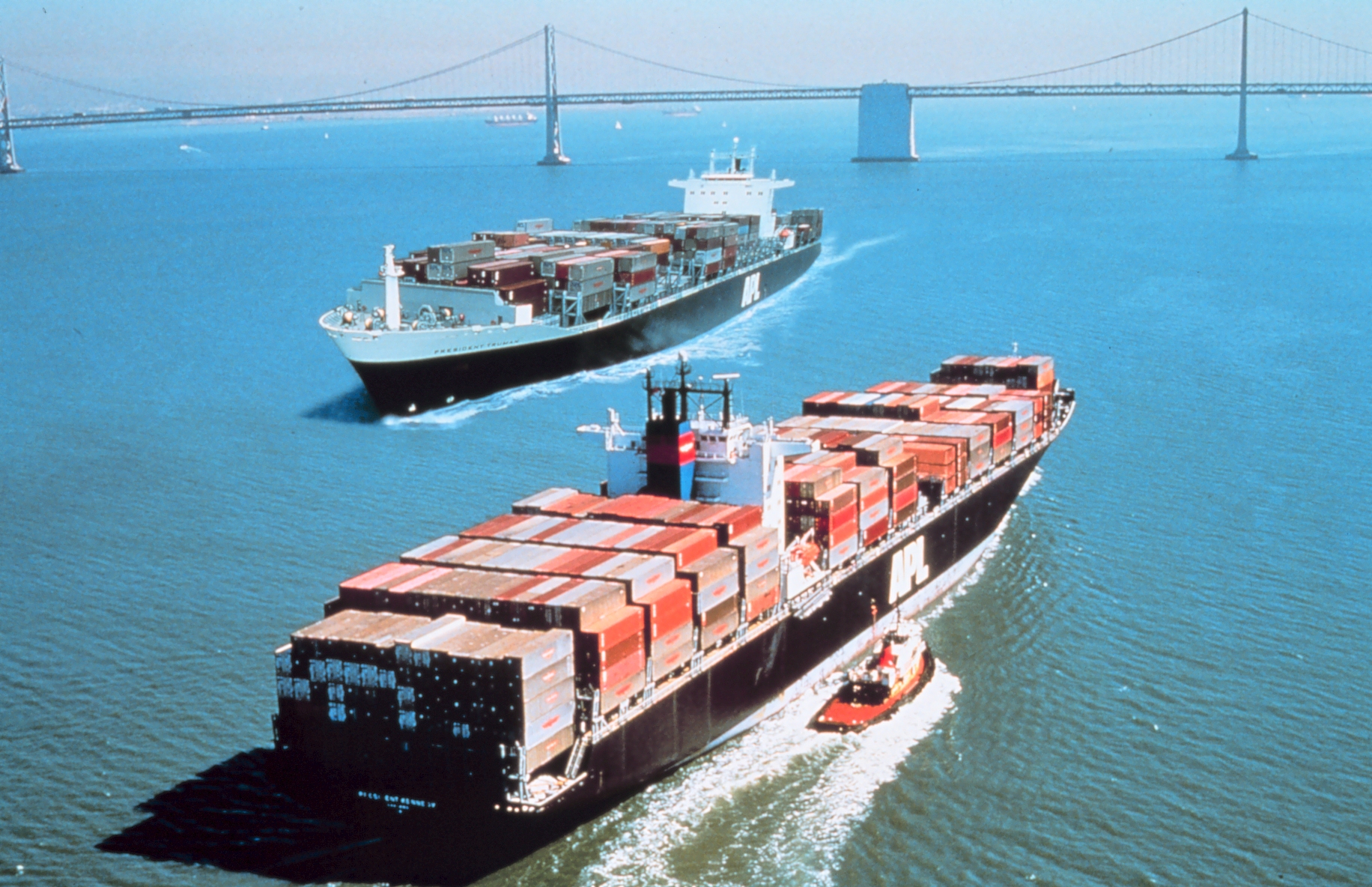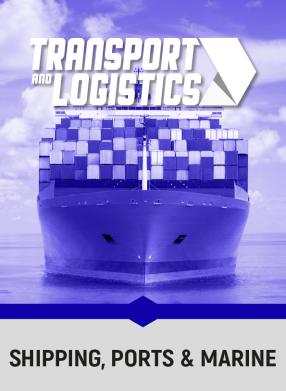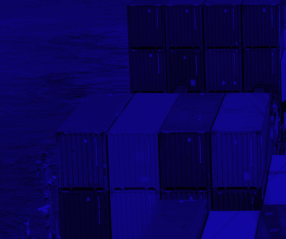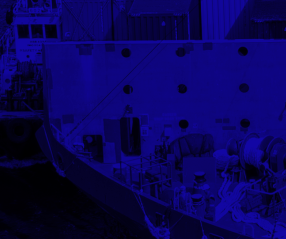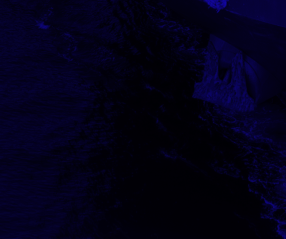Charterers representing twenty percent of global shipped tonnage now have policies in place to avoid using the most inefficient ships based on the GHG Emissions Rating. Among them, the Mosaic Company, one of the world’s largest producers and marketers of concentrated phosphate and potash crop nutrients, today shared its policies on chartering ships using the GHG Emissions Rating, and the resulting positive business impacts.
In the past two and a half years, usage of the GHG Emissions Rating and the A to G scale has increased by more than 450 percent, from 350 million shipped tonnes when Cargill, Huntsman, and UNIPEC began their usage to 1.95 billion shipped tonnes today.
The GHG Emissions Rating is a tool developed by RightShip, the maritime risk-management specialist, and Carbon War Room, a nonprofit founded by Sir Richard Branson. The tool is available for free at ShippingEfficiency.org and allows charterers and other stakeholders to assess the efficiency of vessels. It utilizes an A to G scale, where A represents the most-efficient ships, and G the least efficient. In addition to allowing companies to avoid chartering inefficient vessels, the data held on each individual ship is also used by some companies as a guide for calculating their carbon footprint from maritime shipping. The Mosaic Company uses this data in their assessment of their Scope 3 emissions reporting within CDP.
Warwick Norman, Chief Executive Officer at RightShip, commented,
“We congratulate The Mosaic Company on their decision to exclude the most inefficient vessels from their supply chain. This is a timely reminder of how organisations such as Mosaic are adopting market-led solutions like the GHG Emissions Rating to reduce CO2 emissions, leaving industry bodies in their wake in the fight against climate change.”
For example, the Mosaic Company, which charters around 130 vessels annually, now excludes all G-rated vessels for international shipping and uses the GHG Emissions Rating as a guide for calculating and reporting its maritime carbon footprint. Mosaic and the other 24 RightShip charterers using the GHG Emissions Rating are leading the industry towards greater efficiency, as charterers lower their annual fuel bills and greenhouse gas emissions, while showing a willingness to pay more for efficient vessels.
Neil Beckingham, Director of Sustainability at The Mosaic Company, commented,
“By using more-efficient ships, we are gaining cost efficiencies and furthering our efforts to reduce Mosaic’s carbon footprint. Given the success of GHG Emissions Rating vetting, we are reviewing options to also exclude F-rated vessels. Emissions from shipping currently represent less than five percent of Mosaic’s carbon footprint.”
Jeff Erikson, Director of Global Projects at Carbon War Room, commented,
“The increasing use of energy-efficiency data in chartering decisions is widening the gap between new ‘eco’ ships and the existing fleet. With some charterers stating they would consider paying a premium for eco-efficient ships, inefficient ships will become increasingly unmarketable. We see current, low bunker fuel prices as an opportunity to get ahead of the market and can help owners find the financing to retrofit their vessels.”
